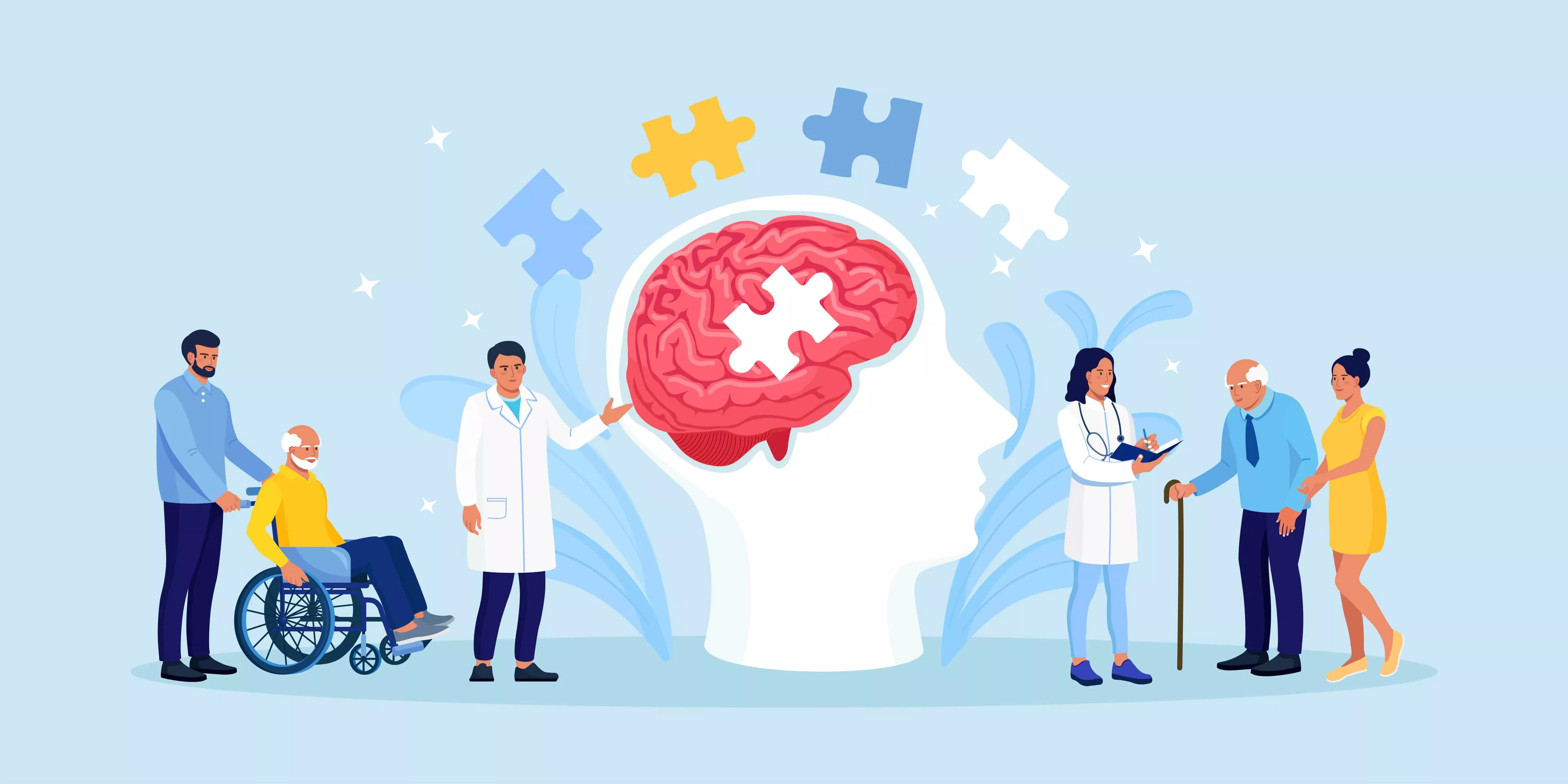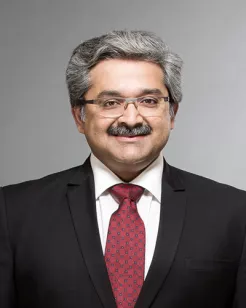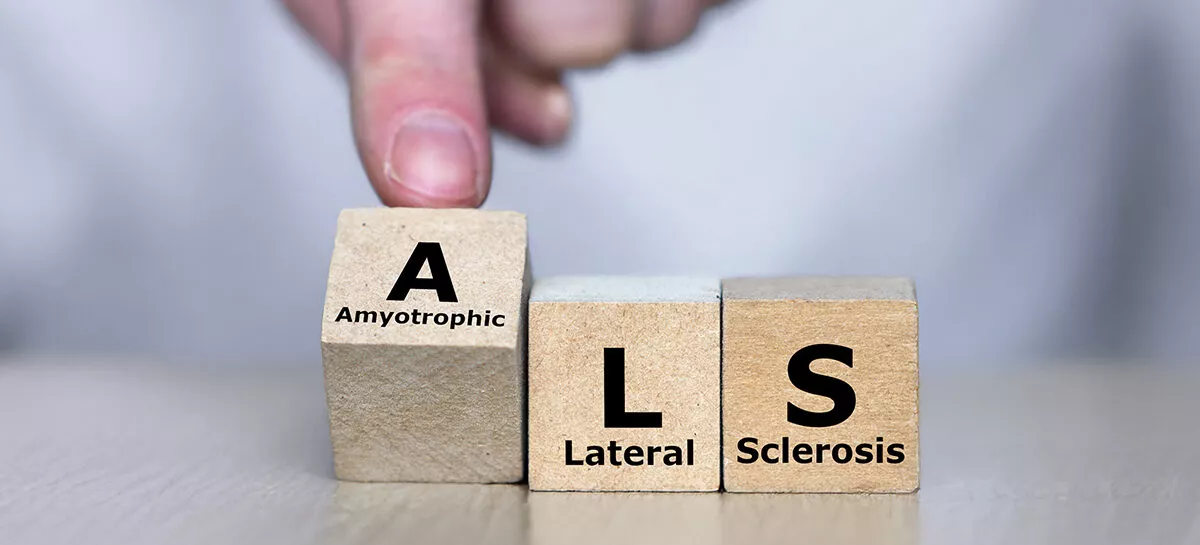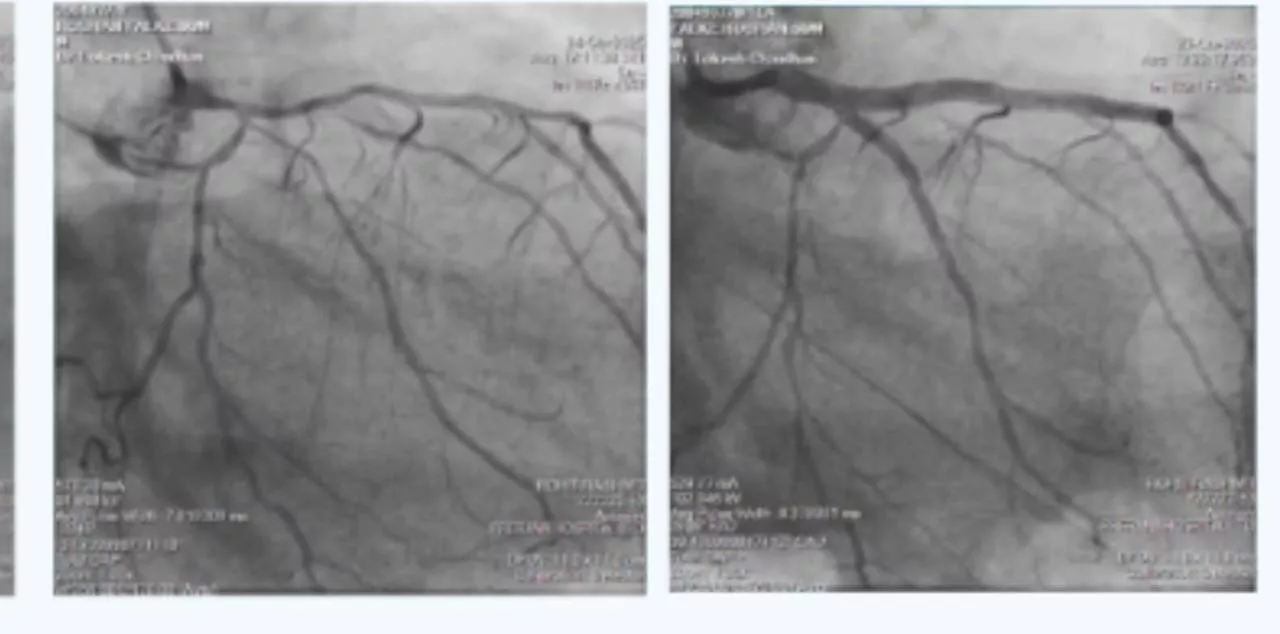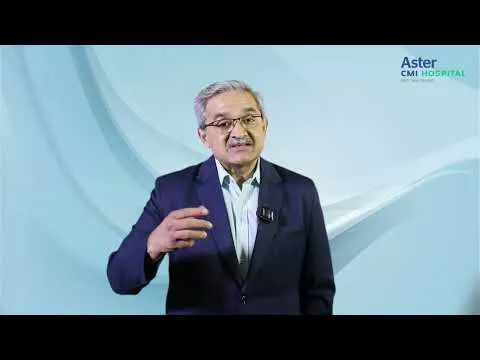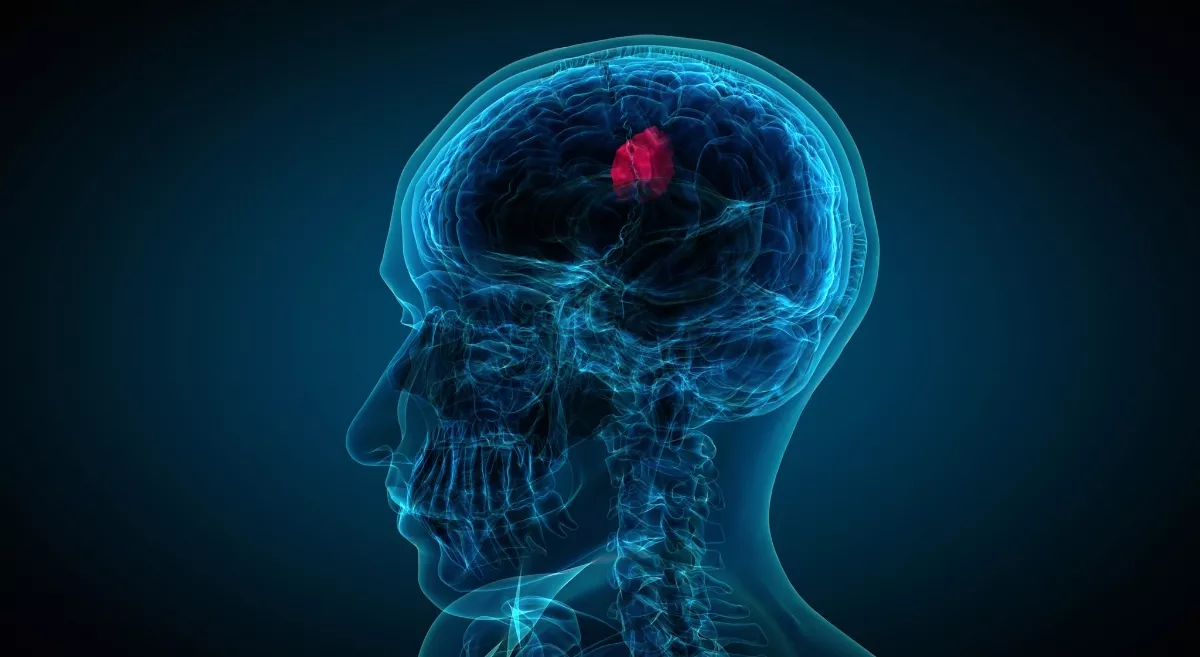Parkinson's disease (PD) is a progressive neurological disorder that affects movement, causing symptoms such as tremors, slowness, stiffness, and difficulty with balance. While Parkinson's is a complex condition with no known cure, raising awareness about its symptoms, causes, and available treatments is crucial for early diagnosis and better management of the disease.
What is Parkinson's Disease?
Parkinson's disease primarily affects the brain's nerve cells, particularly those involved in the production of dopamine, a neurotransmitter responsible for smooth movement. As these cells become damaged or die, dopamine levels drop, leading to the characteristic symptoms of Parkinson's Disease.
Symptoms of Parkinson's Disease:
1. Tremors: Involuntary shaking of the hands, arms, legs, jaw, or face, especially at rest.
2. Bradykinesia: Slowed movement and difficulty initiating voluntary movements, such as walking or reaching for objects.
3. Muscle Rigidity: Stiffness and inflexibility in the muscles, often leading to decreased range of motion and joint pain.
4. Postural Instability: Impaired posture and balance, increasing the risk of falls and accidents.
5. Changes in Speech and Writing: Soft or slurred speech, reduced facial expressions, and handwriting changes.
6. Non-motor Symptoms: These may include depression, anxiety, sleep disturbances, constipation, and cognitive impairment.
Causes of Parkinson's Disease:
The exact cause of Parkinson's disease remains unknown, but a combination of genetic and environmental factors is believed to play a role. Some potential risk factors for Parkinson's include:
1. Age: Parkinson's is more common in older adults, with most cases diagnosed after the age of 60.
2. Genetics: While most cases of Parkinson's are sporadic, some genetic mutations may increase the risk of developing the disease.
3. Environmental Factors: Exposure to certain toxins or environmental pollutants may contribute to the development of Parkinson's in susceptible individuals.
Diagnosis and Treatment:
Diagnosing Parkinson's disease can be challenging, as there are no specific tests to confirm the condition. Instead, doctors rely on a thorough medical history, physical examination, and assessment of symptoms to make a diagnosis. Imaging tests, such as MRI or CT scans, may be used to rule out other conditions. Patients are often referred to a Neurology Hospital in Bangalore for specialized evaluation and management.
While there is currently no cure for Parkinson's disease, treatment aims to alleviate symptoms and improve quality of life of patients. Common treatment options may include:
1. Medications: Levodopa, Dopamine agonists, MAO-B inhibitors, and other medications can help increase dopamine levels in the brain and manage motor symptoms.
2. Physical Therapy: Exercise programs, stretching, and balance training can help improve mobility, flexibility, and overall physical function.
3. Deep Brain Stimulation (DBS): This surgical procedure involves implanting electrodes in specific areas of the brain to help regulate abnormal brain activity and control symptoms.
4. Lifestyle Modifications: Eating a healthy diet, getting regular exercise, managing stress, and getting enough sleep can all help improve overall well-being and symptom management in people with Parkinson's. Regular follow-ups with experienced Neurologists in Bangalore ensure ongoing monitoring and optimal care.
Conclusion:
Parkinson's disease is a complex neurological condition that requires multidisciplinary management and caregiver support. By raising awareness about its symptoms, causes, and available treatments, we can empower individuals with Parkinson's to seek early diagnosis and access the care and support they need to live well with the disease. Ongoing research into the underlying mechanisms of Parkinson's and the development of new treatment options offer hope for improved outcomes and quality of life for those affected by this condition.
